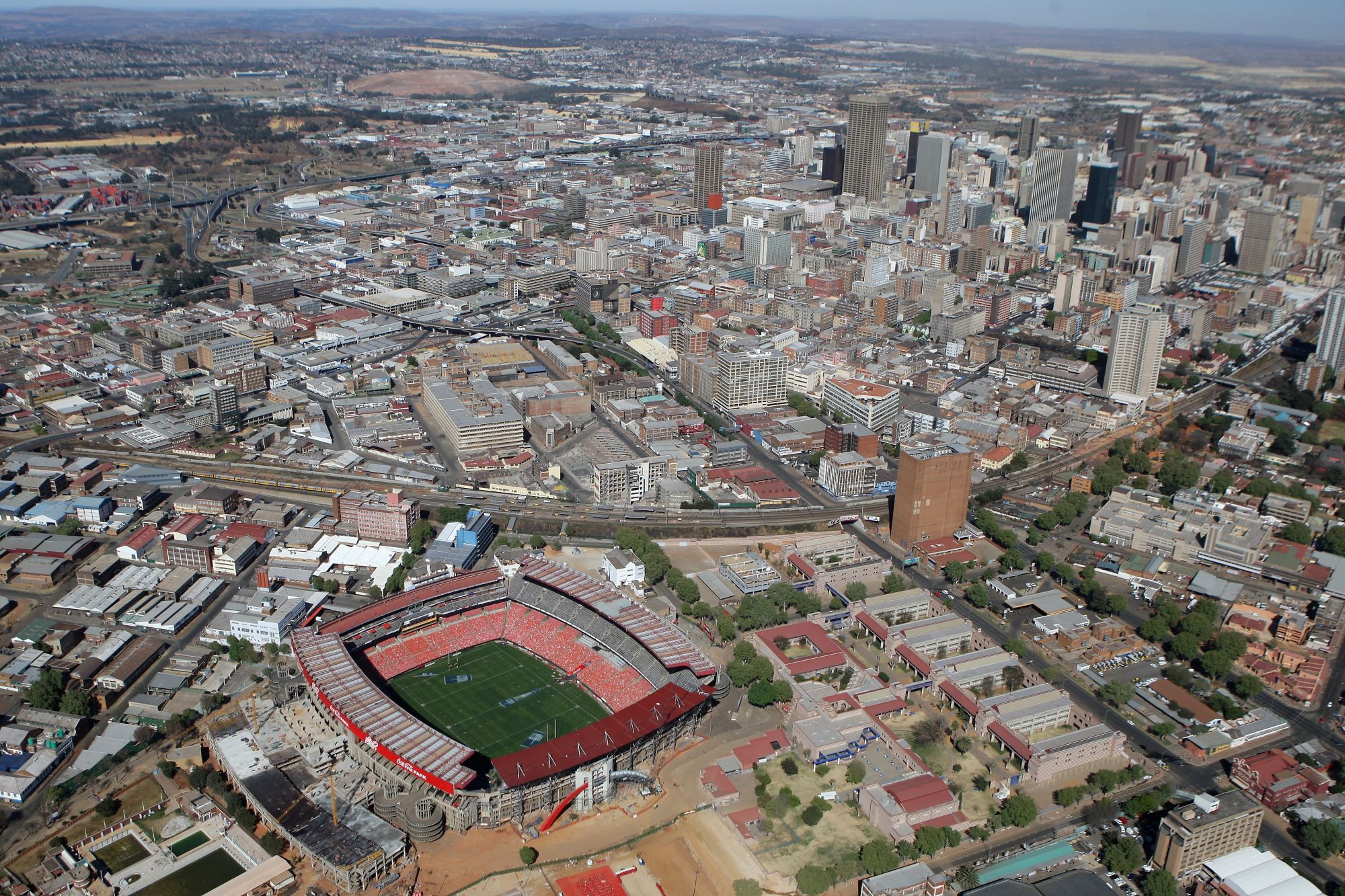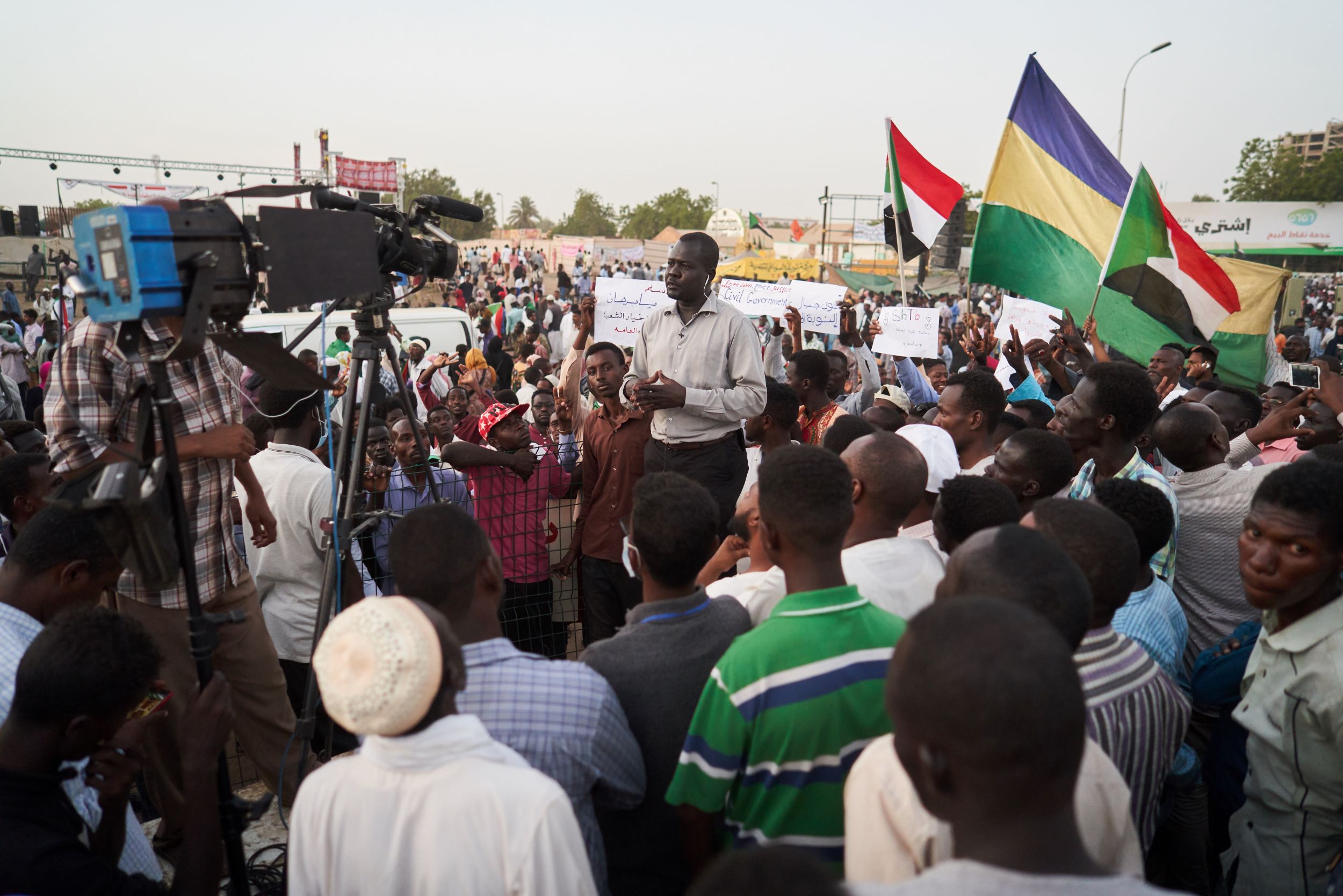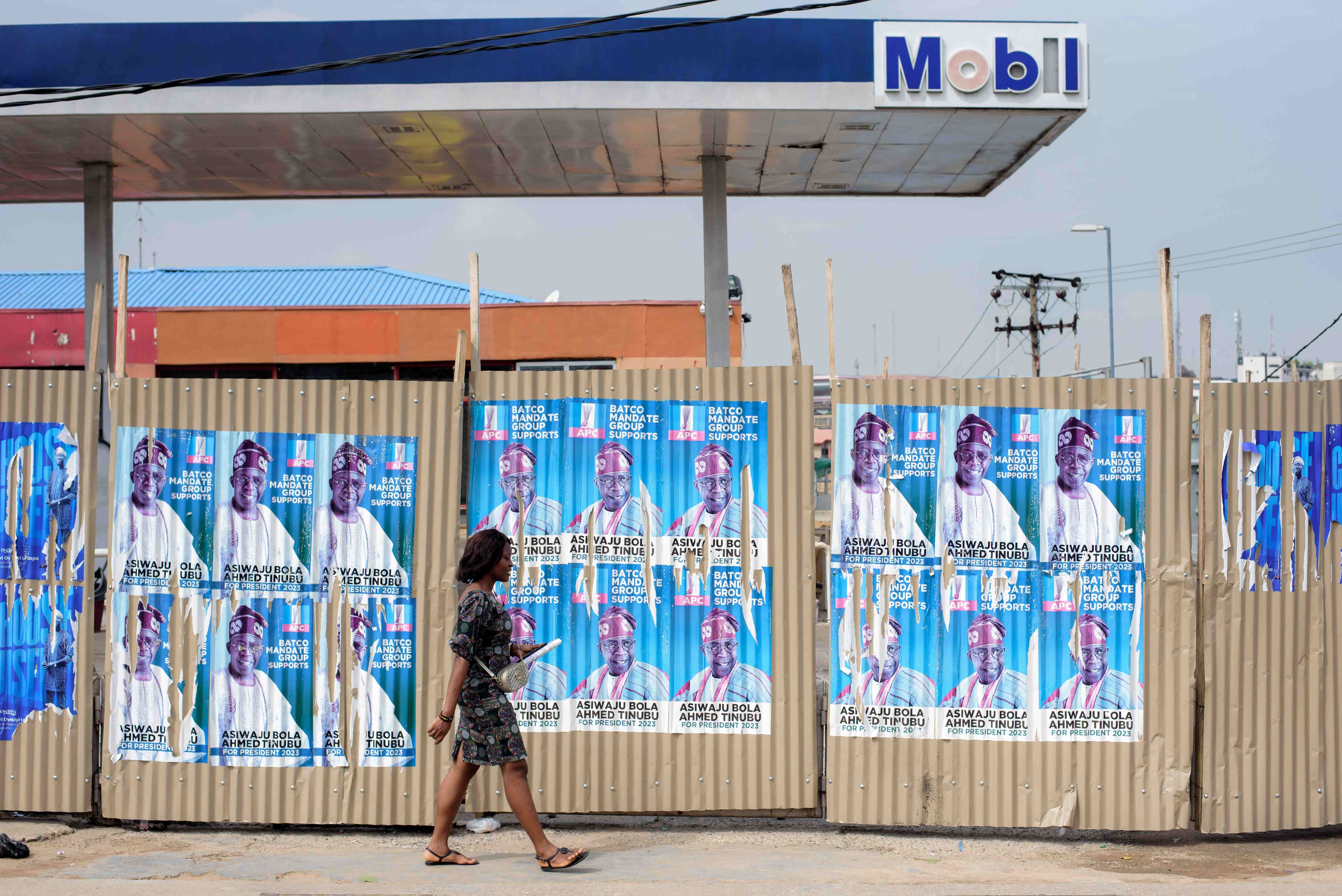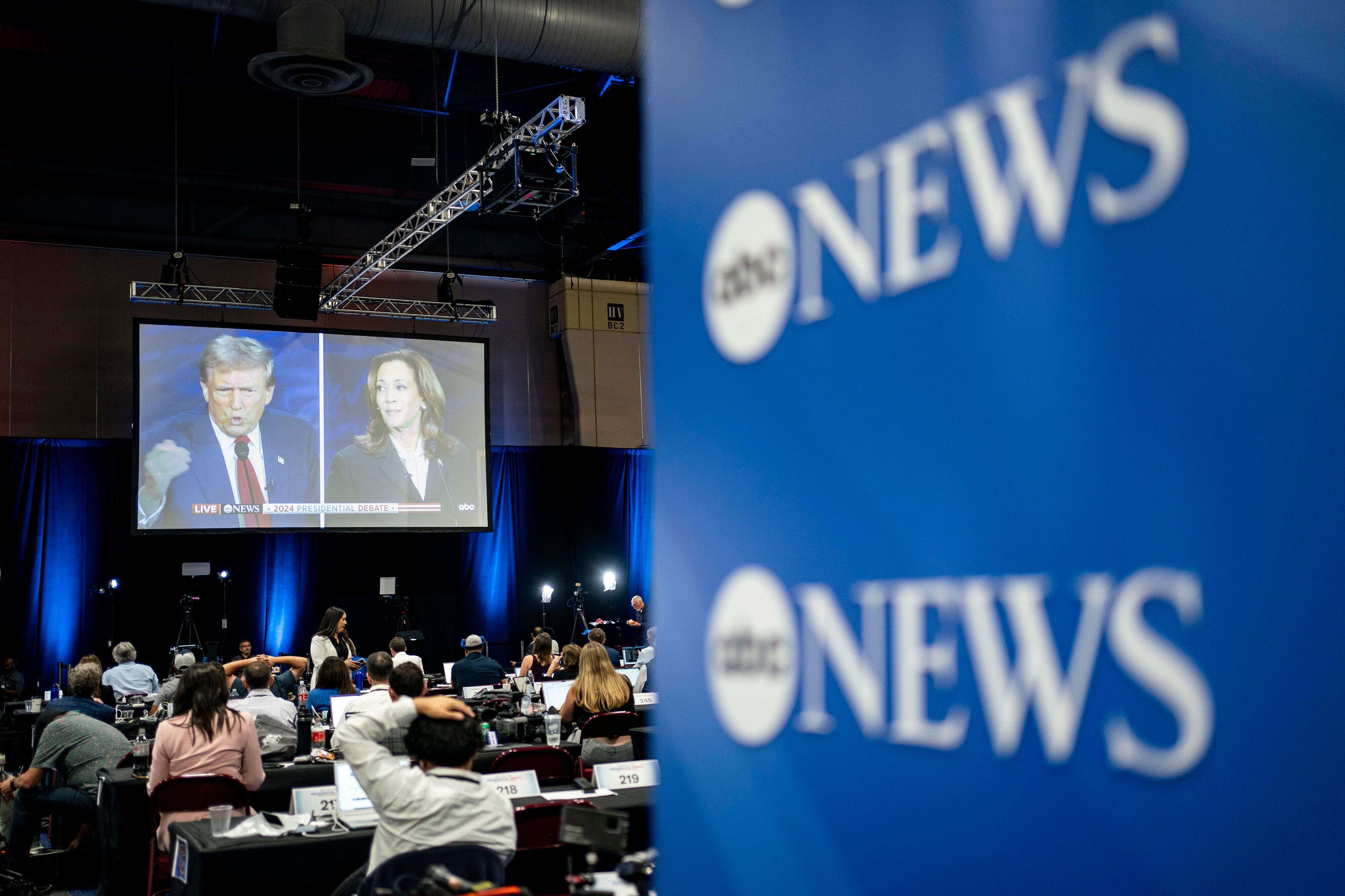The Continent is a new way of empowering people through quality journalism, blending the authority of newspapers with the reach of 21st-century distribution. Readers love it. That’s why we built it. It’s a model other newsrooms can learn from and one that comes with its own set of challenges.
Journalism has lost its way in the era where news has meant convincing platform algorithms to refer people back to individual stories on websites. By any metric, readers trust us less and don’t enjoy our products, and our business models are subsequently failing. Generative AI is only going to make all of that a lot worse for most publishers. The people paying the price will be the public.
Which also means this is an opportunity to do things a different way.
We launched The Continent as a weekly newspaper covering Africa from our (remote) base in South Africa. We have 30,000 subscribers. And every single one got the newspaper from another person – through the original social network. A quarter are under 35, with a quarter more under 45. They live in 160 countries, including every country in Africa.
The premise was simple: newspapers are a really good format for curating quality journalism. And encrypted chat platforms, like WhatsApp, can be a great way to get that journalism to people.
So, at the height of the Covid pandemic in April 2020, we gambled and created a new newspaper. The Continent is not an ePub or a replica of a print newspaper (those horrible PDFs where you need to pinch and zoom in to read). It’s a new format, with 30 pages in an edition and no more than 300 words on a page. A news story can be one page. A feature can be three pages. Very few stories need to be the internet standard 1,400 words. Our designer comes from a magazine background, and we have lots of images, including a front page – another of those bits of storytelling real estate journalism gave up on going website first.
If you live in Eswatini or Kenya and the state tries to shut down the internet, you can AirDrop it to someone else.
The first edition went to a few dozen people. Our sole ask has been that people share it if they think someone else would appreciate it. At 12 megabytes an edition, it’s easy to share. And if you live in Eswatini or Kenya and the state tries to shut down the internet, you can AirDrop it to someone else.
Our estimated weekly readership is 150,000 people.
People Want Journalism in This Format
Our most recent annual survey drew 1,300 detailed responses on how people read and share The Continent. The words that came up again and again were 'love', 'trust', and 'fun'. Not bad for a newspaper that regularly covers coups, death, pestilence, and plague -- all the usual tropes foreign newsrooms reach for when reporting on Africa.
But we’re not chasing SEO metrics or bending to the ever-shifting whims of Meta and Google algorithms. That gives us the freedom to embrace nuance. So alongside hard news, we tell stories that reflect the full spectrum of life on the continent, from the Biennale in Guinea-Bissau to ice skating in Kenya.
And our readers love us for it.
We’re not chasing SEO metrics or bending to the ever-shifting whims of Meta and Google algorithms. That gives us the freedom to embrace nuance. So alongside hard news, we tell stories that reflect the full spectrum of life on the continent, from the Biennale in Guinea-Bissau to ice skating in Kenya.
They also help us grow. As an experiment this January, we asked readers to share The Continent with just one new person. Within three months, we’d gained 4,000 new subscribers and reached our goal of having at least one subscriber in every African country. Each new reader came through someone else who forwarded a PDF with that all-important, implicit stamp of trust.
Our surveys show that our readers include teachers, government officials, business leaders, journalists, religious leaders, and taxi drivers -- people who not only want to understand their continent better but also have the power to shape its future. This isn’t a casual, click-and-bounce audience. These are the thoughtful voices in their communities – the ones who read deeply and pass things along.
We’ve seen The Continent shared in church WhatsApp groups, family Signal chats, workplace Slack channels, and even sent to that one person someone’s trying to impress. One reader used our quiz to flirt with their future partner. Another prints out the newspaper to hand around the office.
When readers use words like 'fun', 'trust', and 'love' to describe The Continent, it reminds us why we do this.
Not That It’s Been Easy
Being a new format comes with plenty of challenges, especially at this scale, on a continent where free movement and trade are still in their early stages. The colonisers did a thorough job of keeping us apart.
The Continent has published the work of over 500 different journalists and storytellers. We pay $150 per published page, and we almost always pay within a week of receiving an invoice. But it’s not easy. South Africa is our legal home thanks to its excellent media laws; it is one of the few places in the world where journalists can publish anything in the public interest. But its financial system? A maze of command and control. Paying contributors in countries like Ethiopia or Sudan often makes bank-to-bank transfers impossible.
That’s a lot of people to care for. We don’t publish stories if there’s any risk to the journalist, and we’ve had only a handful of arrests or detentions. But that’s not a guarantee of how things will go in the future.
Every story also needs to be edited. In an industry that keeps slashing roles like copy editors, that’s no small feat. Condensing a news story to 300 words, keeping it sharp, accurate, and compelling is hard. It’s a rare skill.
And paying for those skills means we have to fundraise.
At the start, this was a gamble we backed ourselves. Because people love the newspaper, we’ve since attracted funders who’ve helped us grow to a core team of seven full-time and six part-time staff. Almost all our funding comes from philanthropy, which brings its own expectations, reporting cycles, and creative tensions. We're also building out other revenue streams: selling ads, developing merchandise, and more.
But every part of this is hard in an industry dominated by news websites. Funders and advertisers are used to metrics in the hundreds of thousands--sometimes millions--even though we all know most of those “readers” bounce after a headline. Much of our work has been explaining why subscribers who actually read a newspaper matter more.
Then there’s working with platforms.
Yes, the PDF format is platform-agnostic. But we still go where our readers are. That means manually copy-pasting every edition to over a thousand subscribers on Signal. It means navigating email algorithms just to get the paper into inboxes. And most painfully, it means wrestling with WhatsApp to reach our 22,000 subscribers. This is where Africans live and share digitally. But Meta has made its stance on journalism clear.
Once we got big enough, WhatsApp started dropping up to 20% of our newspapers each week. They wouldn’t talk to us. The only solution? Spend money and pay for authentication through a third party. Meanwhile, Meta continues to tweak how the platform works and how much it costs to stay visible.
So when readers use words like 'fun', 'trust', and 'love' to describe The Continent, it reminds us why we do this.
Every headache we solve makes it easier for others to try this format. Pambazuko in Tanzania now has 40,000 subscribers for its weekly Kiswahili PDF. Himal in Southeast Asia has launched its own version. France’s biggest publisher has one too.
This is a real option for journalism. Newspapers are a powerful way to inform, challenge, and connect people. They can be fun. And that’s crucial, especially in a world where algorithms slice us into echo chambers and prioritise shareholder value over public good.


















































